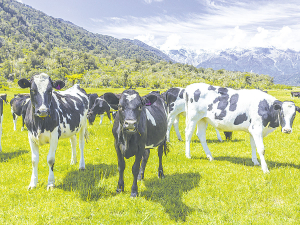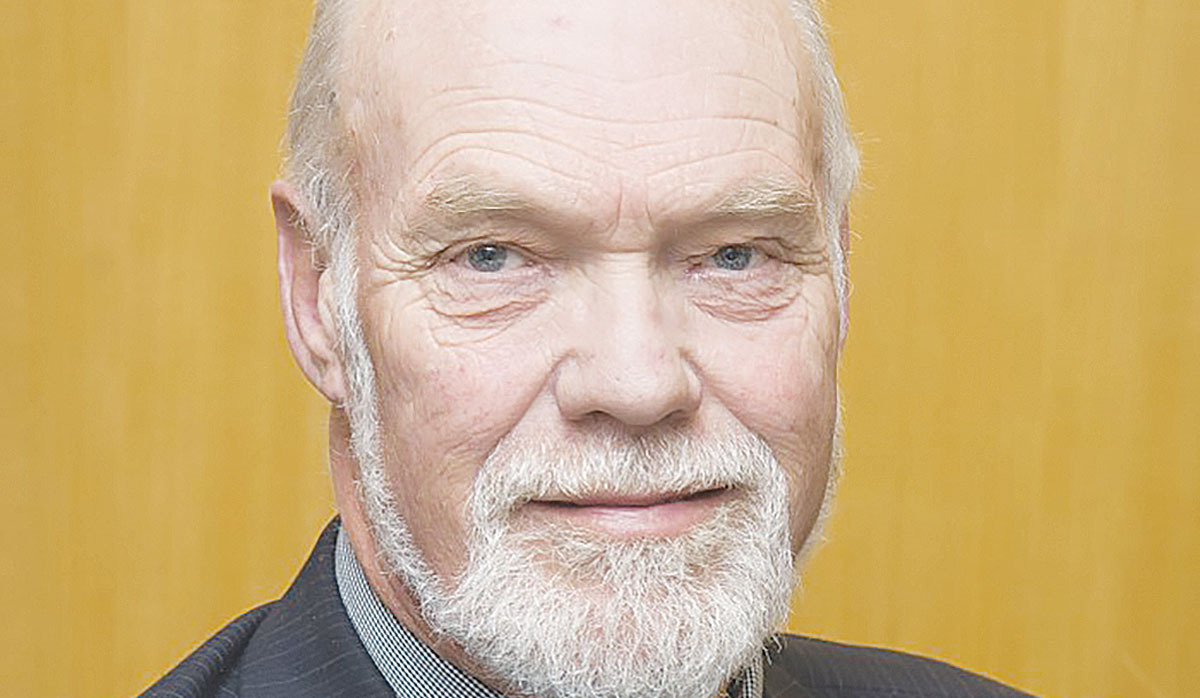Book culling space now!
Livestock farmers are being urged to plan ahead for possible meat processing disruption due to Covid-19.
 Waiting time for killing space at meatworks has jumped from two weeks to nearly eight weeks, says Dr Lindsay Burton.
Waiting time for killing space at meatworks has jumped from two weeks to nearly eight weeks, says Dr Lindsay Burton.
Dairy farmers are being urged to start planning, if they haven't already done so, for delays in getting their cull cows into meat processing plants.
The chair of the Animal Welfare Forum, Dr Lindsay Burton, says the expectation of some farmers that they can ring up a buyer at short notice and have animals collected quickly is unrealistic at the moment.
The forum is a multiorganisational group comprising industry good organisations including DairyNZ and Beef+Lamb NZ, the Meat Industry Association, DCANZ, Federated Farmers, the Veterinary Association and Ministry for Primary Industries (MPI). Its goal is to identify issues and take initiatives to ensure compliance around animal welfare.
Burton says with Omicron in the community, there is much uncertainty around the availability of labour in processing plants. He says even before the recent Omicron outbreak, the industry was 5,500 workers short and the situation has the potential to get worse.
"Typically the waiting time for killing space would be about two weeks, but in the present environment it could be anywhere between six and eight weeks, so farmers have to have contingency plans in place.
"The processors don't know what number of their workforce will be unable to work at any given time and that is where the concern is - uncertainty," he says.
Burton says some farmers don't have a direct ongoing relationship with a processor, but they now need to make contact with whoever they sell their animals to, make sure they understand the potential extent of the problems that may lie ahead and put robust arrangements in place.
He says they are putting this message out to farmers though the various member organisations of the Forum and notes the meat processing companies are getting in contact with farmer clients to plan their placement of stock at the works.
"I think the majority of farmers are planning - we are just reinforcing that message, but we are also making sure that those who haven't thought about it too hard... engage quickly, so they know what the situation is and get regular updates from their processors," he says.
The delays of getting animals to works has the potential to cause animal welfare issues - especially having adequate feed if animals have to be held on farm longer than originally planned. Burton says the good news at present is that the feed situation on-farm is good, with recent rains over much of the country and warmer weather, which has resulted in better pasture covers.
 |
|---|
|
Dr Lindsay Burton |
"We are not that concerned about the feed situation at present but we are monitoring the situation.
"People need to make sure they have feed on hand and recognise that, if stock are to be picked up, they must be fed and kept in good condition," he says.
Managing director of Woolover Ltd, David Brown, has put a lot of effort into verifying what seems intuitive, that keeping newborn stock's core temperature stable pays dividends by helping them realise their full genetic potential.
Within the next 10 years, New Zealand agriculture will need to manage its largest-ever intergenerational transfer of wealth, conservatively valued at $150 billion in farming assets.
Boutique Waikato cheese producer Meyer Cheese is investing in a new $3.5 million facility, designed to boost capacity and enhance the company's sustainability credentials.
OPINION: The Government's decision to rule out changes to Fringe Benefit Tax (FBT) that would cost every farmer thousands of dollars annually, is sensible.
Compensation assistance for farmers impacted by Mycoplama bovis is being wound up.
Selecting the reverse gear quicker than a lovestruck boyfriend who has met the in-laws for the first time, the Coalition Government has confirmed that the proposal to amend Fringe Benefit Tax (FBT) charged against farm utes has been canned.